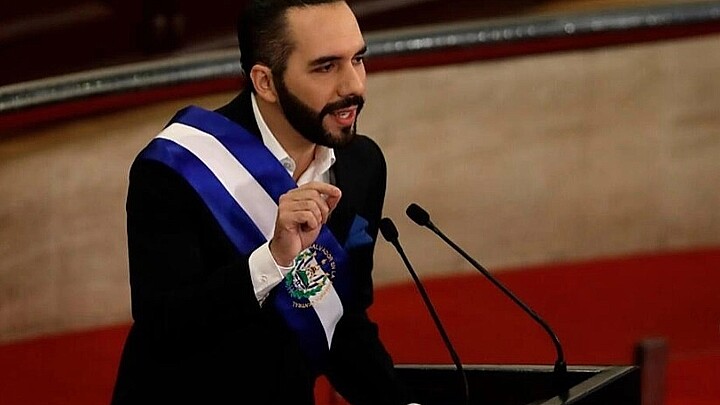Crime
U.S. sanctions top El Salvador officials for alleged corruption
In recognition of International Anti-Corruption Day and Human Rights Day, the Biden administration announced that over 40 individuals across nine countries were being sanctioned
December 9, 2022 7:28pm
Updated: December 9, 2022 7:28pm
The United States sanctioned several officials in Central America accused of corruption as part of a massive sweep on Friday, including two Salvadoran politicians close to President Nayib Bukele, reported Reuters.
On Friday, in recognition of International Anti-Corruption Day and Human Rights Day, the Biden administration announced that over 40 individuals across nine countries were being sanctioned, the U.S. Department of the Treasury said in a statement.
The sanctions were built upon the Global Magnitsky Human Rights Accountability Act, which allows the U.S. government to sanction foreign officials for human rights abuses, freeze their assets, and ban them from entering the nation.
According to the Treasury’s Department Office of Foreign Assets Control (OFAC), Salvadoran Labor Minister Rolando Castro “misappropriated public funds for his personal benefit" and used his position to influence unions.
"To the people of the United States, my respect and appreciation. To your government, go ahead, I authorize you to freeze my bank accounts in your country!" Castro responded to the announcement in a tweet.
Additionally, Salvadoran presidency’s legal secretary, Conan Castro, was accused of obstructing investigations into the misappropriation of public funds intended to fight the COVID-19 pandemic in 2020.
“Corrupt actors and human rights abusers both rely on deficiencies in the international financial system to perpetrate their activities,” said Under Secretary of the Treasury for Terrorism and Financial Intelligence Brian E. Nelson.
“Over the past year, Treasury has made combatting corruption and serious human rights abuse a top priority, including through the use of financial sanctions and addressing vulnerabilities in the U.S. and international financial systems. By exposing the egregious behavior of these actors, we can help disrupt their activities, dismantle their networks, and starve them of resources,” he added.










